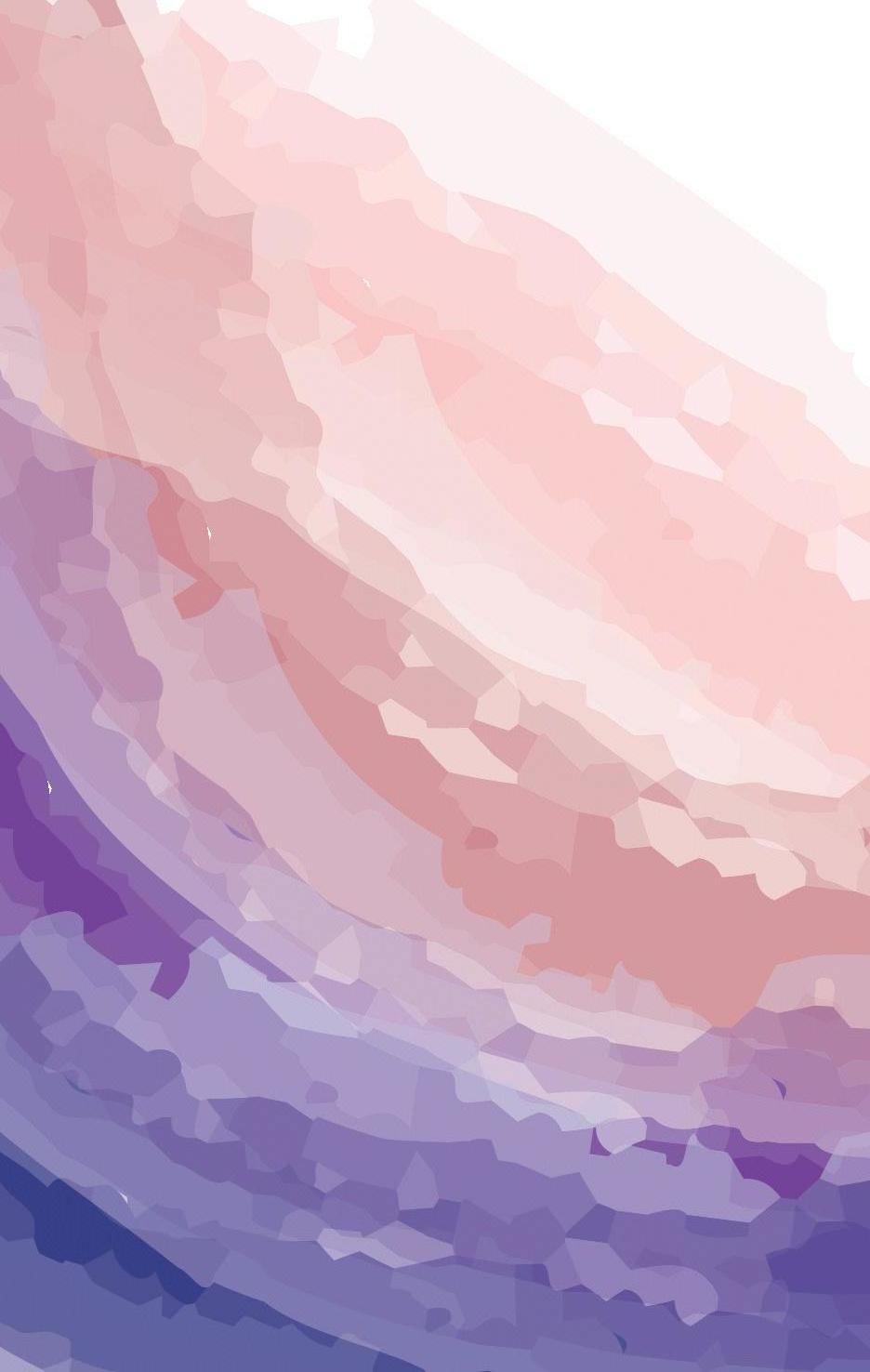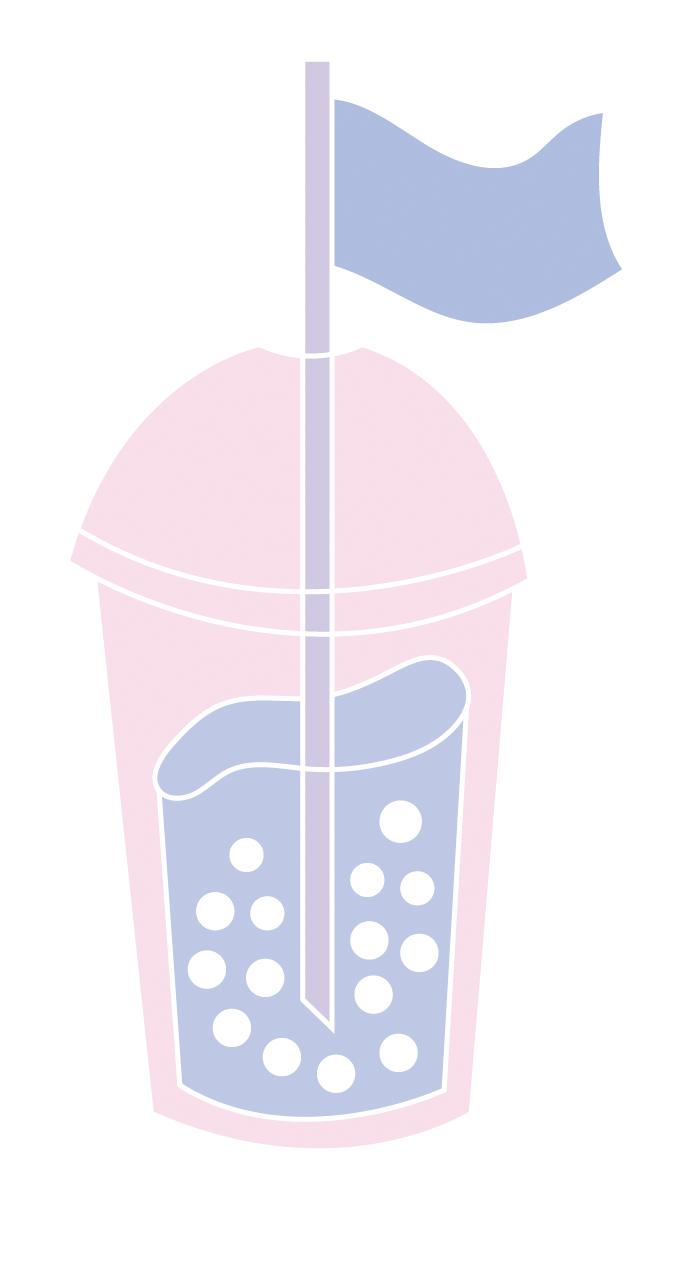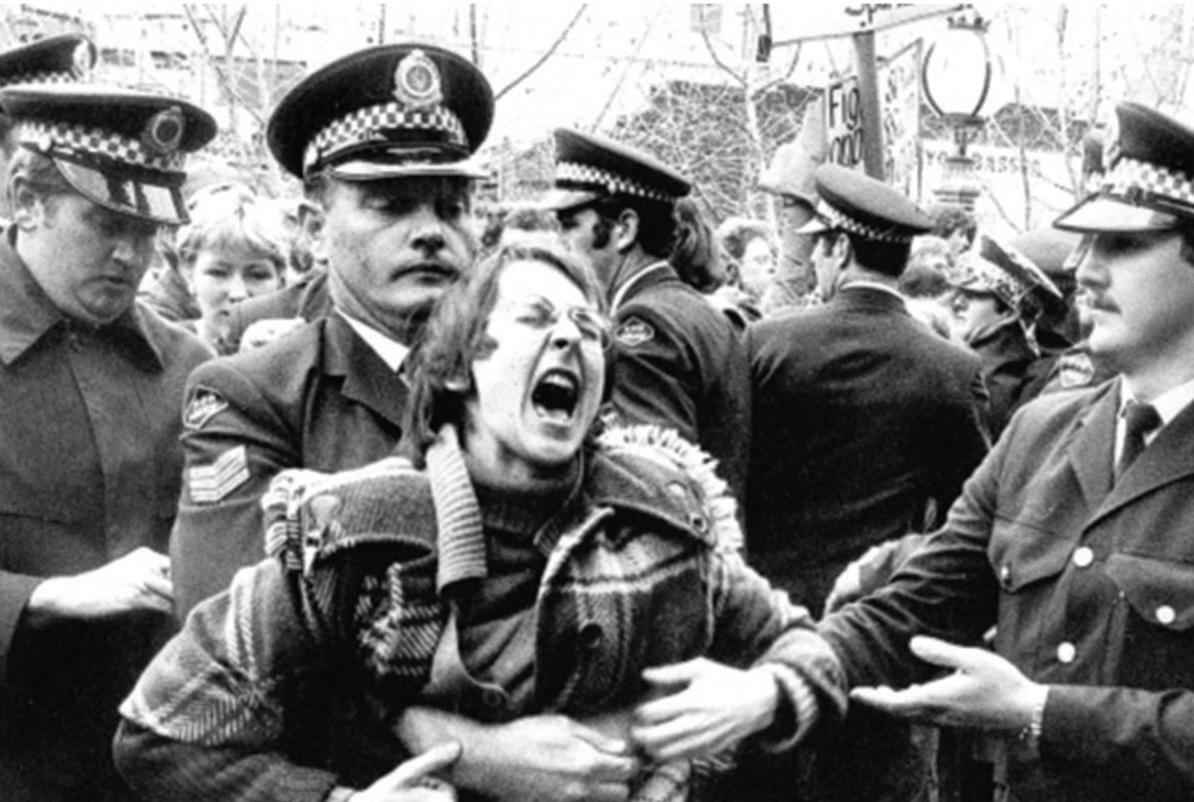
21 minute read
Violence on Oxford Street: Can You Heal Among the People Who Hurt You? | Chantel Henwood
Violence on Oxford Street: Can you heal among the people who hurt you? by Chantel Henwood
Sydney’s Mardi Gras has a violent history and this violence remains entangled within the lives of LGBTIQ+ people to this day.
SOURCE: Fairfax
Police brutality, political injustice and violence.
These things are not often associated with the festival that sprinkles biodegradable glitter through Sydney’s streets each year.
However, Sydney’s Mardi Gras festival has deep roots in protest, and these three themes remain entangled within the lives of LGBTIQ+ people to this day.
The origins of Mardi Gras have a historical significance in the fight for LGBTIQ+ equality. With the first march In June 1978, 26 years before homosexuality would be legal in Australia. The group marched in solidarity with the San Francisco Freedom Day Committee fighting a bill that would allow schools to fire LGBTIQ+ teachers in Californian state schools for “advocating, imposing, encouraging or promoting” homosexual activity. However, when their parade permit was revoked, attendees were met with violence at the hands of police, brutally beating and arresting 53 demonstrators.
If this seems familiar, you may be aware of the group Pride in Protest who have been vocal about their rejection of the bill submitted by One Nation NSW leader Mark Latham. If passed, the Bill will prevent teachers from educating students on the existence of trans and gender diverse identities, and could revoke the teaching license of those who support trans and gender diverse students.
The group made headlines when NSW Police revoked a permit for a Mardi Gras alternative event bringing the festival back to its protests roots. After pressure from the LGBTIQ+ community, an appearance in court, and overwhelming public support from The Greens, Labor and Independent MP’s, NSW Health granted an exemption allowing the event to go forward. Despite a strong and intimidating police presence, an estimated 3,000+ people attended and marched through Oxford Street, demanding an end to LGBTIQ+ injustice.
provided by Channel 7
SOURCE: Pride in Protest Facebook,
For me, seeing the similarities between the first Mardi Gras protest movement and current events, solidifies Pride in Protest as the answer for the new generation of Queers who feel unseen within the celebratory tones of Mardi Gras. For them, there is still so much left to fight for.

The past year has been challenging at best, and utterly devastating at worst. I have experienced loss on a scale I did not know was possible. I have lost friends, employment, housing and, for a while, my dignity. The economic and social impacts of COVID-19 have highlighted disastrous structural problems within our social services and according to a recent study from Rainbow Health Victoria, COVID-19 created a disproportionate set of challenges for the LGBTIQ+ community.
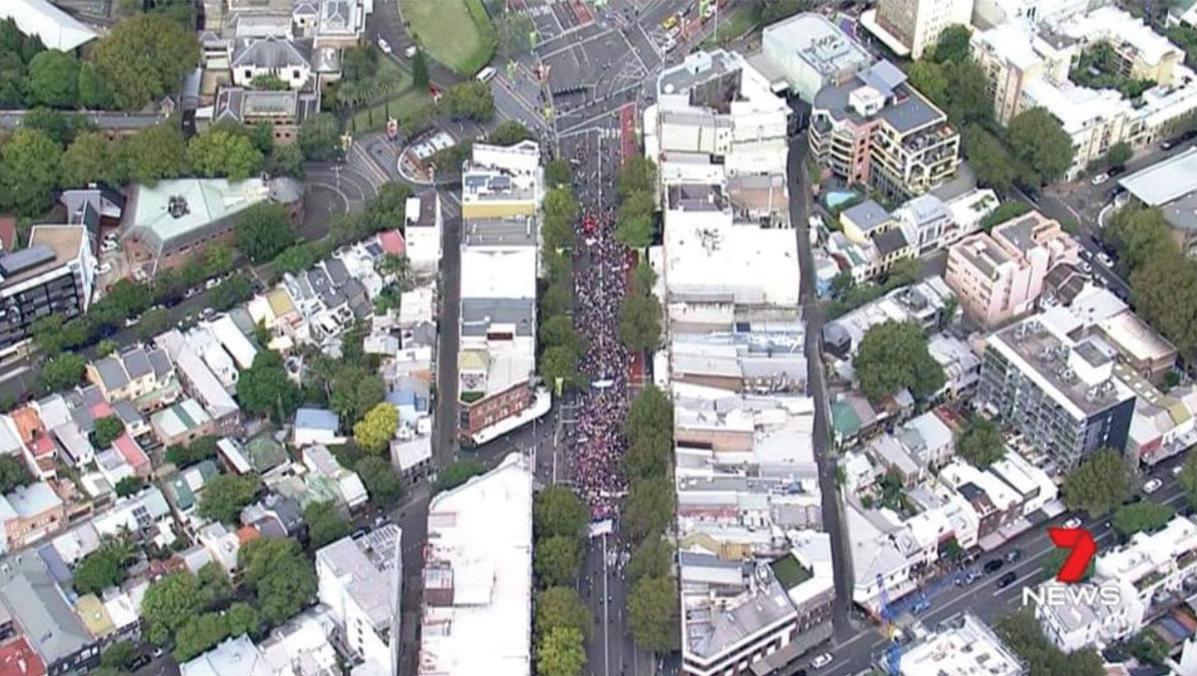
During the past year, I have also seen a significant increase in divisive public discourse (read: hate speech) and legislative change (read: human rights violations) threatening the rights and protections of LGBTIQ+ people, specifically children.
The political party One Nation, who seem to have taken advantage of an out of touch Prime Minister, have made it their mission to insert their bigotry throughout Australia's major legislation and infrastructure. Now with the loss of the Family Court System and the threat of erasure from our education system looming, the concerning statistics Mardi Gras has woven itself surrounding the mental health of the into Australia’s cultural fabric...the parade and LGBTIQ+ community do not seem surprising at all. festival play a crucial role in Mardi Gras has woven itself
Australia's re-emergence. into Australia’s cultural fabric. As an internationally recognised tourist destination with an overall economic impact estimated at over $50 million, the parade and festival play a crucial role in Australia's re-emergence. As the country attempts to readjust the economy in this postpandemic period, Mardi Gras' significant contribution to tourism, hospitality, and the arts are needed now, more than ever.
While Mardi Gras' contribution to Sydney’s culture and the economy remains significant, the lack of acknowledgement to the very real challenges faced by the LGBTIQ+ community for many, is not good enough.
This year’s parade took on a new format within the confines of the Sydney Cricket Grounds, the day was not without incident. Last year’s radical protest group, Department of Homo Affairs, made a brief return, storming the field as the NSW Police took centre stage. Dressed as cricket umpires with the slogan “cops are out” on their backs, the daring foursome stretched out a bright blue banner in front of the NSW Police preventing the float from moving forward and showcasing their support for the belief that the glorification of an institution responsible for causing so much death, destruction and violence towards the LGBTIQ+ community has no place in the parade.
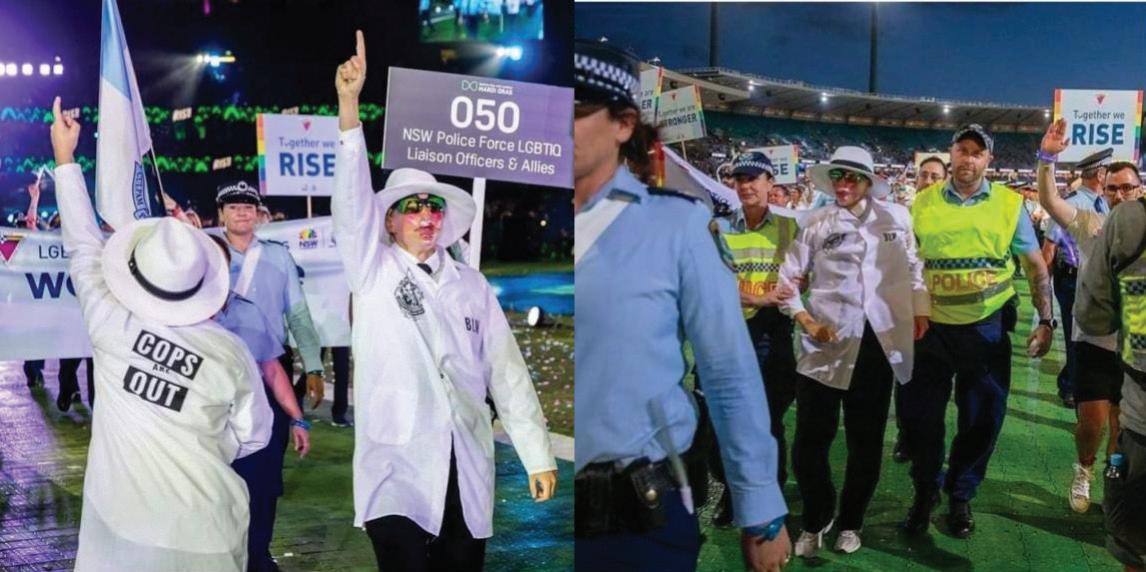
SOURCE: Pride in Protest Facebook
Discussions of complacency, loss of meaning and an out of touch corporate board within the Mardi Gras organisation have long existed with criticisms from every facet of the community, including myself. However, the fact that I can critique an organisation whose sole purpose is to elevate the visibility of the LGBTIQ+ community must not go unnoticed. Organisations like Mardi Gras simply did not exist 50 years ago. To this day, they remain the only major organisation with unfounded government, corporate and community support with a global platform. The critique lies in the question of what exactly they are doing with that platform.
Of Course, Mardi Gras will tell you that their corporate sponsorships go towards their float, event and performers scholarships - and they aren’t wrong. This year in the hopes of regenerating the hospitality and arts scene, Mardi Gras announced a nation wide grant for venues to hire and support their local queer artists and host a parade viewing party.

Maybe Sydney’s Mardi Gras has reached the peak of its evolution? As an organisation that has paved the way for LGBTIQ+ reform, they have survived and thrived by working within the margins of their allowed existence. There is hope that with a new CEO and partnerships with organisations such as Equality Australia, the festival is showing signs of reinvigorating its protests roots. However, I will not be looking at Mardi Gras to lead the change and nor should you.
It is my hope that Mardi Gras has found a new home in the Sydney Cricket Ground, a symbolic gesture, leaving Oxford Street available for those ready and willing to take it back. Discussions of complacency, loss of meaning and an out of touch corporate board within the Mardi Gras organisation have long existed with criticisms from every facet of the community...
Chantel Henwood (they/them) Queer writer, Arts student and plant parent. Follow the author here: Twitter @cclecross Instagram @lecross
Sometimes, coming out isn’t the hardest thing you’ll do
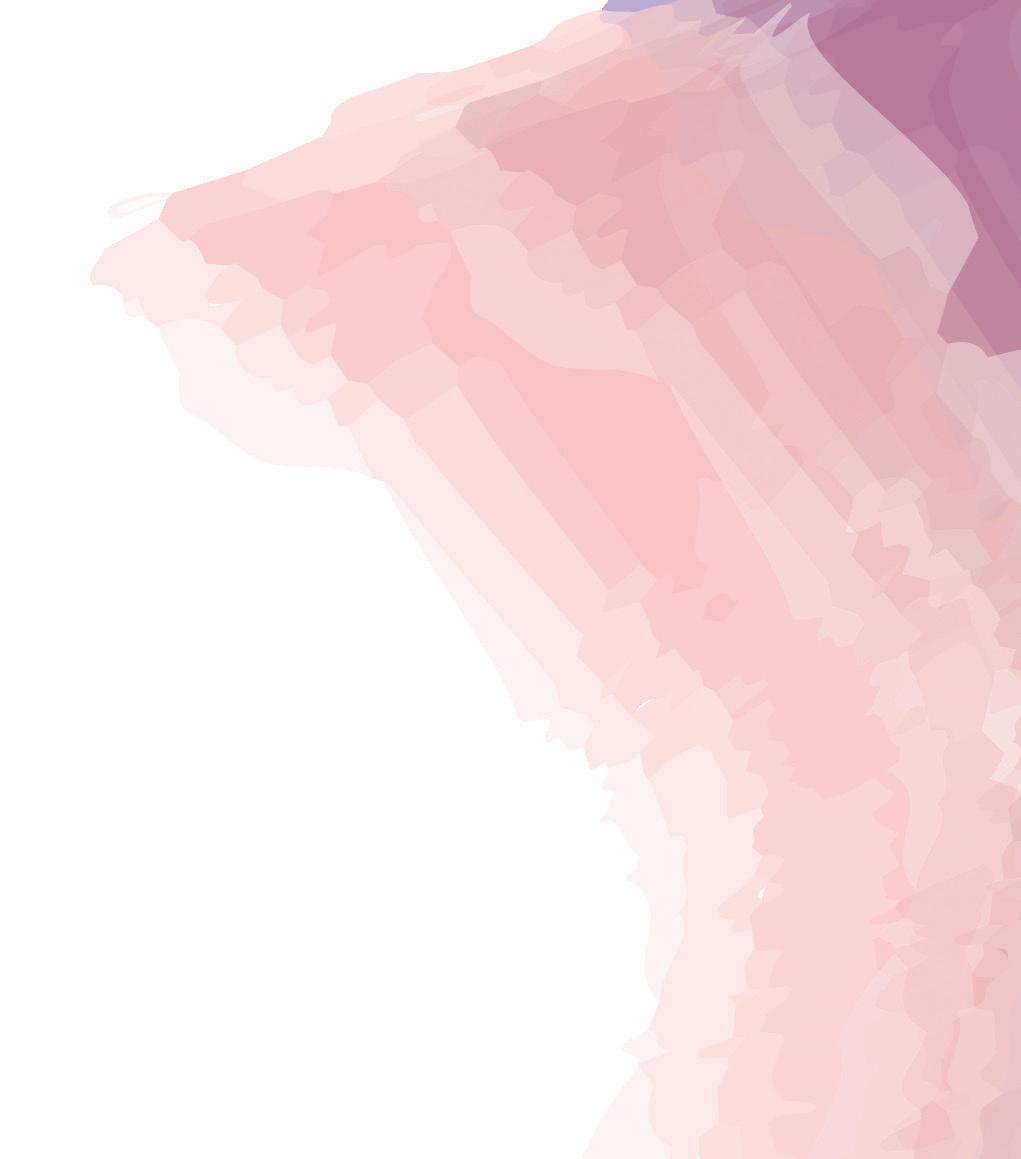
by Jeremy Ellis
DISCLAIMER: I write from an incredibly privileged position and have intentionally chosen to focus on issues of validating and exploring the sexual or romantic self post-coming out rather than discrimination or harassment, as I feel this has less discussion. Those are separate and substantial issues. I cannot speak for the queer experience in its entirety, or for anyone and everyone, especially not the lesbian or transgender experience. I only seek to convey the experiences of myself and friends over time.
Part One
It’s no secret that being part of the LGBTQI+ community is rife with challenge and obstacles. It’s hard to know where to begin; marriage equality, harassment and discrimination, microaggressions socially and professionally, identity issues, legislative disempowerment or family dismissal… it feels like a never-ending list.
One event close to the heart of any queer person, is coming out. Often the ideal society where you never have to come out (straight people don’t, why should we?) is discussed and even lived by some. However, it’s still common, and incredibly difficult for most. Upon coming out, my first thoughts to you would be ‘Congratulations!’ You’ve put aside struggles, doubt and are ready to start living openly. It should be smooth sailing from here - right?
You may be eager to explore sex, dating or love. It’s the part you’ve been excluded from. You’re excited! Is there someone at school where that might happen? Probably not. That’s okay, you’ll meet other people! Now you’re going to a party with some straight friends. Maybe tonight’s the night. You walk in, and your straight friends have endless opportunities – is there even anyone queer at the party? If so, are they interested? Let alone, are you?
To be a young, queer adolescent or early adult, you’d be ‘lucky’ to have had a relationship, flirtations or casual involvement. That as a standard experience for young queers, is ‘unheard of’ (especially without online facilitation). In a society dominated by heteronormativity, labels and categorisation… this is isolating. It leaves you vulnerable. Your straight friends can go off into countless experiences while you’re left standing there, wondering if something is wrong with you.
That sexual and romantic exploration as you develop is foundational to recognising your identity, developing healthy relationships and gaining insights into those things. To feel like you’re excluded from it by virtue of who you are, simply due to what at first seems a lack of people but then becomes an entire self-doubting mechanism, can really hurt you.
Even for those who have had relationships its not some miracle exception. To draw on my own context, the only queer friends who have been in relationships involved one long-distance, and one taken away by COVID-19 right before it began. When it feels like your only chances at sexual or romantic exploration are in what’s considered ‘exceptional’ circumstances for straight people, it only solidifies pain and invalidation. Your straight friends may not understand this, but When it feels like your only chances at sexual that’s because they have it. or romantic exploration
Online dating: something once described to me as ‘my only are in what’s considered choice’. Online dating can work for some people, and when it does ‘exceptional’ circumstances that is nothing but excellent. However, for queer people it facilitates many toxic behaviours. At least in Sydney, the community has far too many normalised problems. Massive age gaps in sex lacking for straight people, it only solidifies pain and mutual capacity/autonomy; attacking of feminine personalities; invalidation. racial exclusion or fetishism. Probably most of the queer people you’ve met have been assaulted, discriminated against or taken advantage of. This doesn’t mean positive experiences cannot happen online – not at all. However, it certainly acts as a tool for employing the more toxic of behaviours in a community you’d think would be unified against shared challenges.
If you consistently struggle to meet anyone face-to-face, and then miss out again in online dating – what does that leave you with? Feelings of desperation, alienation… there are many potential reactions. Now, count yourself lucky if you do have supportive friends. However, you may hear consistent reassurances Letting yourself be like ‘You’re attractive! It’s not you! You’re smart, funny, you’ll vulnerable after find something eventually!’ If time starts to pass and you keep hearing these comments with no experiences arising, no matter how good the support is – you start to wonder if you’ve been forced into it by virtue of who any of that is true. It invites foundational self-doubt. you are, feeling like
Over the last year, this was all exacerbated by COVID-19. you’re missing out on This was unilateral, yes, but it heightens the queer struggles basic experiences that when you’re literally incapable of meeting new people. For anyone who had freshly come out, left school or turned 18 – it was a dream and a hope taken away. you don’t even know if you deserve is tough.
So yes, unfortunately obstacles don’t disappear after coming out. Letting yourself be vulnerable after you’ve been forced into it by virtue of who you are, feeling like you’re missing out on basic experiences that you don’t even know if you deserve is tough. It’s easy to consider these emotions juvenile but they hold such developmental importance.
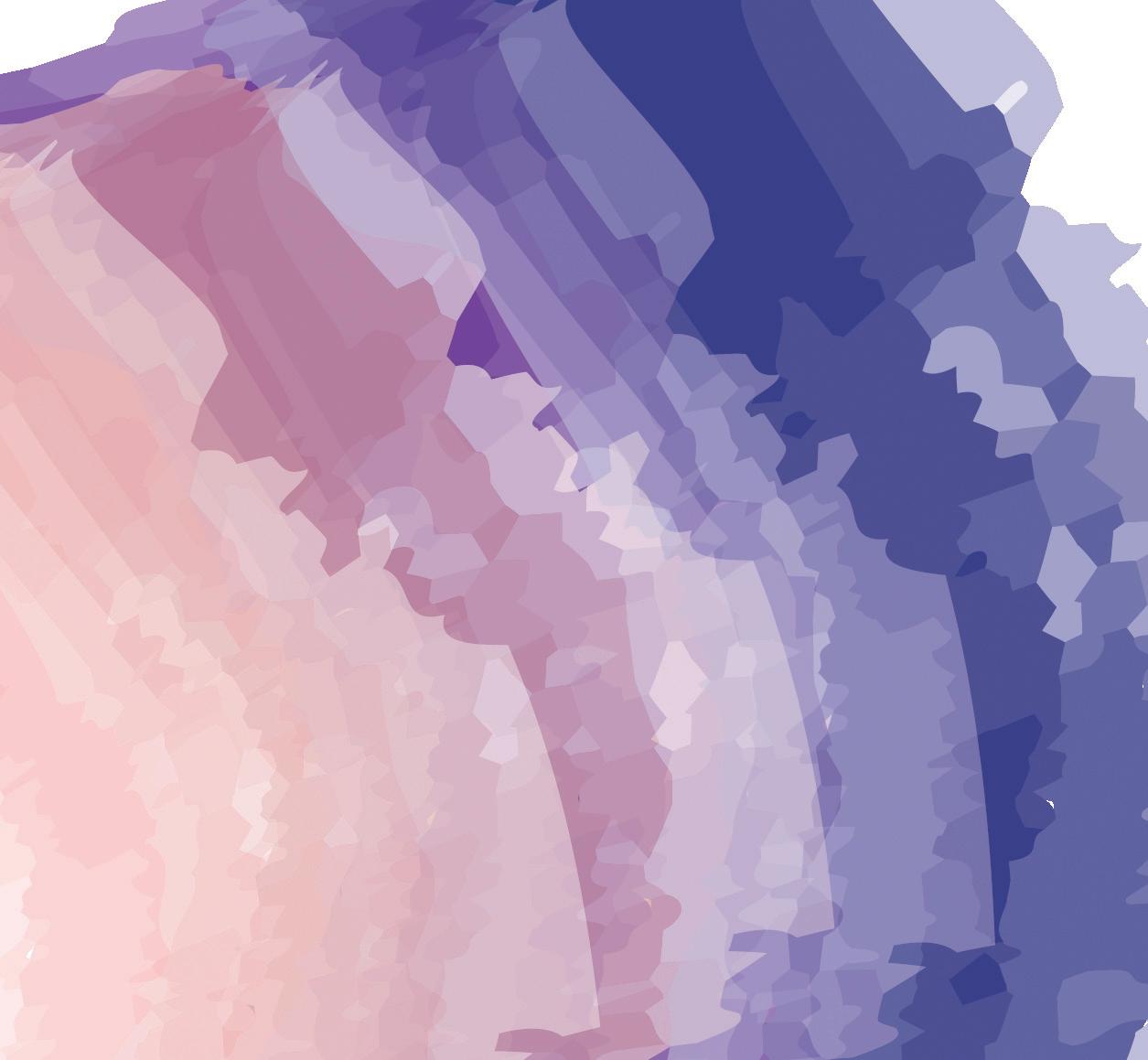
Remember a couple things; put yourself first and rely on the right friends and family. If you engage in sex, ensure it’s safe – speak to your doctor if you’re unsure. Don’t get involved with someone still figuring themselves out; it takes time, is something they need to do on their own and is a trap you cannot fall into. Finally, recognise that you are not alone. This is a collective experience for a reason.
Despite it all, you might find you’d change very little. Allowing yourself to be vulnerable will lead you to make mistakes, yes – but it can be incredible too. You may fall in love, meet amazing people, foster deeper connections with friends and family…another never-ending list, but a good one.
Jeremy is a second-year Law/ Arts (French and linguistics) student at UNSW. He enjoys writing, foreign languages, classical music and a drink with friends.
A Family Heirloom: Trauma
by Shajara Khan
Reflecting on the trauma society faces as it learns to articulate the concept.
Illustration Credits: Roni Kwan
Since I began my master’s degree last February, I have found myself fixated on Riz Ahmed’s latest album, The Long Goodbye. It is a fresh exploration of the effects of partition1 on the diaspora of the Indian sub-continent.
In the grand scheme of things, finding new music is typically a matter of broadening your artistic palette. But this album is a true masterpiece. I replayed the entire track list for two weeks straight, dancing in my room with the songs blasting in my ears. Each song lyrically elucidated Ahmed’s feelings of disconnection with his nationality as he tries to uphold his cultural identity – a struggle that every person in the diaspora has faced at some point. It was poetic but catchy, a real rumination on our time.
Eventually I found the buried treasure trove of Ahmed’s oeuvre. He has also produced a short film by the same name The Long Goodbye. This time, it was a visual breakdown of the permanent ‘otherness’ that migrant children and children of the diaspora experience.
But perhaps the most impactful piece of media he gifted to the cultural stratosphere was his 2020 feature film Mogul Mowgli, co-written and directed by Bassam Tariq. The film explores Zed’s (Ahmed’s) journey as he faces the challenges of battling a degenerative autoimmune condition while struggling to reconcile with his father. As a consequence, it is both protagonists who are emotionally disconnected from one another and their community.
As I watched the movie, I found myself reliving so many of the emotions that I had been busy suppressing. I soon realised that if unresolved trauma was something I was suffering from, it was bound to be affecting my mum and grandma too. The trauma we have may differ in its contextual background, but it is something we share, like a messed-up family heirloom.
Strangely, it was only through my Instagram explore page that I discovered the term for this experience that so many others’ shared. Intergenerational trauma.
1 Perkins, C.R. 1947. Partition of India and Pakistan. The 1947 Partition Archive, Stanford Libraries. 2 Sigal, J.J. Dinicola, V.F Buonvino, M. 1988. Grandchildren of survivors: Can negative effects of prolonged exposure to excessive stress be observed two generations later? SAGE Journals. 3 Ritman, A. 2021. British Independent Film Awards: 'Rocks’ named Best Film, Anthony Hopkins wins Best Actor. The Hollywood Reporter. Illustration Credits: Roni Kwan
The term was first used in connection to a 1988 Canadian study2 which found that the grandchildren of Holocaust survivors accessed mental health services at a rate 300% above the rest of the population. Intergenerational trauma now applies to a vast web of communities who have articulated their inheritance of traumatic experiences. I can look back at the grief I experienced losing my dad at age three, and how dismissive my mum was when I tried to address it with her as I grew older. It was only after she started divulging the events she had undergone in her life and how turbulent her relationship was with my grandma that I understood. Trauma and grief are so easily dismissed in our families and communities.
There are plenty of memes on social media that touch on the casual manner in which a lot of diasporic children discuss the harmful things that our parents did to us, like the psychological and physical abuse. There is some release in making jokes as a coping mechanism to distract from the trauma, but our cultural landscape is on a trajectory to the point where we are going to have to stop and reflect at some point.
It is only within the last four to five years that the discussion has pivoted from, “lol isn’t it funny how casually our parents just damaged us?” to “I am still dealing with what my parents did to me and I will make sure it doesn’t happen to my kids.” There is a growing acceptance for counselling and support networks that are necessary to reckon with mental health issues. More people are utilising artistic outlets to process their trauma – some of us are even making award-winning movies.3
Trauma manifests itself in many different ways but being traumatised does not define us. There is so much strength, creativity, knowledge, and wisdom in our communities. Those are the traits I would like to use to narrate the characters of myself, my mum, and my grandma.
Shajara is in her final year of her master’s in international relations. Usually, you’ll find her reading and writing about the state of global politics bringing about daily existential crises. In the hours she can find time to tear herself away from her studies, she is bingeing let’s plays of horror games on YouTube that will without a doubt give her nightmares.
Follow the author here: Instagram @dream_fallen.
I came to Australia in February 2020, as an international student. Back then, I was told that I needed to be strong. And for the month and a half the university was operating, I was.
But the weekend UNSW stopped, it felt as if everything had come to a halt.
Like many others, I felt disgruntled and confused. But I had never felt this way before.
I realized this was because I kept reminding myself to be strong, when in actuality, I failed at it.
I stopped feeling my emotions, I avoided talking to people back home. Every moment, I needed to engross myself in some kind of distraction. I had stopped being my vulnerable self in order to be tougher - like everyone expected me to be.
Vulnerability
Through My Less Lived Years
Illustration Credits: Roni Kwan
by Aadrika Gupta
Every moment, I needed to engross myself in some kind According to Google, vulnerability can of distraction. I had be defined as "the quality or state of being exposed to the possibility of being attacked stopped being my or harmed, either physically or emotionally." vulnerable self in order to be tougher - like However, I think this is a very negative definition. Instead, I want to look at everyone expected me vulnerability as the core of human existence. to be. Personally, I have just always felt emotionally vulnerable, and whenever somebody would use the term “toughen-up”, I would be left extremely puzzled. It felt as if I had to purposely restrain from feeling emotions and expressing myself in the most natural way.
As a kid, I would cry almost instantaneously. I would be prodded with questions and suggestions on how to control it to ensure my emotions did not overflow. But I didn't get it. It was impossible to understand how bottling-up emotions was better than expressing myself by shedding tears. If someone had hurt me, wasn’t it their right to know?
If I ever questioned anybody about this, the only answer I would get is that, 'it’s safer this way.'
By not being vulnerable we’re protecting ourselves from the harm that people can cause by encroaching on our emotions. But I disagree.
An important thing that 2020 has taught is that we owe it to ourselves to be honest and upfront about our feelings.
It's not as if nobody ever feels anything, we just choose to open up to select people. Usually, it is the people we’re most comfortable around, such as our best friends, other times, it's complete strangers like somebody we just met on a train.
However, if we are choosy about who we show our true selves to then isn’t it an act of depriving everybody of our natural aura and deceiving those around us, including ourselves? It was surprising, even for me, to witness how I had changed in a matter of a couple of weeks from being somebody who could always be herself, to somebody forced into a tough exterior.
Vulnerability is not really a concept that needs to be grasped, rather it’s a state you need to learn to be comfortable in. It is the art of learning to let go and teaching ourselves to learn to feel our emotions. It needs to be perfected over time.
For me, it’s my ability to open up to someone without being judged for my flaws, my mistakes, and my thoughts. It’s an advocation for more listening and acceptance, from all. My perception may differ since it comes from the view of an avid overthinker, but perhaps you may resonate with it and find solace in vulnerability.
Illustration Credits: Roni Kwan
Aadrika is currently a final-year Masters of Commerce student who is fascinated by human emotions way more than she should be. When she’s not stuck in a rut of procrastinating the endless burden of her assignments, she often broods in the quietness of her surroundings and pens down her thoughts.
Follow the author here: Facebook @ Aadrika Gupta Instagram @modestexceptions_
Isobel Golding Ava Lacoon-Robinson
Isobel Knight Thao Pham Sacha Shaw
Writers
Abhranil Hazra Bella Ziade Juliet Manolias George Raptis
Regina Wang Chantel Henwood Jeremy Ellis
Katelin is a second year Fine Arts student working as an Illustrator. When she’s not drawing, you can find her reading books, making spaghetti and appreciating her friends immensely. Her work is inspired by the love that herself and her friends have for one another and their late night conversations that feel like magic.
Artists
Maha is a second year law/ arts student and she loves to draw. The mediums used in her artworks are graphite pencil, pen, watercolours & prisma colour pencils. She has an art tiktok account where she posts her artworks, as well as process videos, tutorials and time lapses. (@insidemahassketchbook)
Sophie Lane uses meditative and diaristic writing practices which create a safe space for emotion, denying the binaries and hierarchies of patriarchy which have defined ‘vulnerability’ as ‘feminine’ as ‘less than’. She utilises language and writing as a key element in both care and artistic practices, and investigates how vulnerability manifests in writing and how language can hold emotion and interact with care toward self and others. Instagram: @soph.lane
Dana is a 4th year Commerce & Design student. She enjoys experimenting with different mediums, abstract forms and exploring a range of techniques in the digital and analogue form. For the Cycles artwork, she was heavily influenced by the abstract and geometric forms from Joan Miro and Juan Angel Cotta.
Eloise is a first year student studying Fine Arts/Arts. She is a self-taught artist from the Mid North Coast who loves to capture the beauty of the world through her art. She loves to use her work to tell beautiful and important stories that, she hopes, can help shift the world into something more innovative, empathetic, and environmentally aware.
Christine is a fifth-year design & commerce student that specialises in illustration and graphic design. In her artwork, “Metamorphosis”, she explores themes of physical vulnerability by utilising people and insect imagery - emphasising how our bodies in their most vulnerable state can incite growth or even metamorphosis. Instagram: @specclee Yanti loves bus hopping within suburbs that have no other feasible transport, driving excluded. She also enjoys warm afternoons perfect for weeding the garden. She is currently focused on bridging and exploring the hybridity of 3D works and textile.
Damla is a third year industrial design student at UNSW. She is interested in sustainable living and activism. She’s passionate about self expression through art and is currently pursuing making products that help create social and environmental change. You can follow her creative journey on instagram @dh.creations
Cursed with a name two words too long, selfproclaimed 'artist' Felicity often spends her time not drawing. Instead, she opts to drool over Houseki no Kuni and think too hard about the little things.
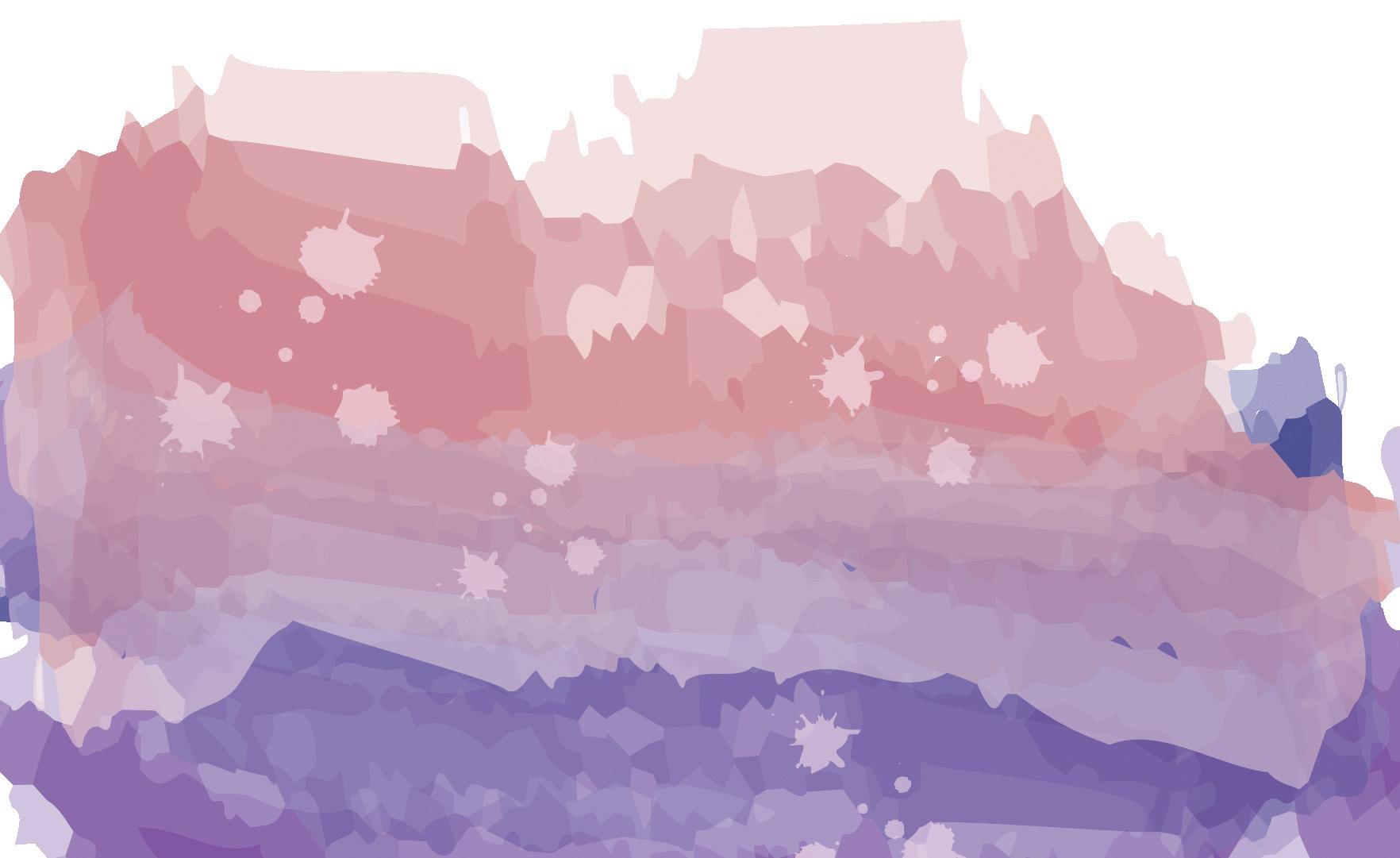
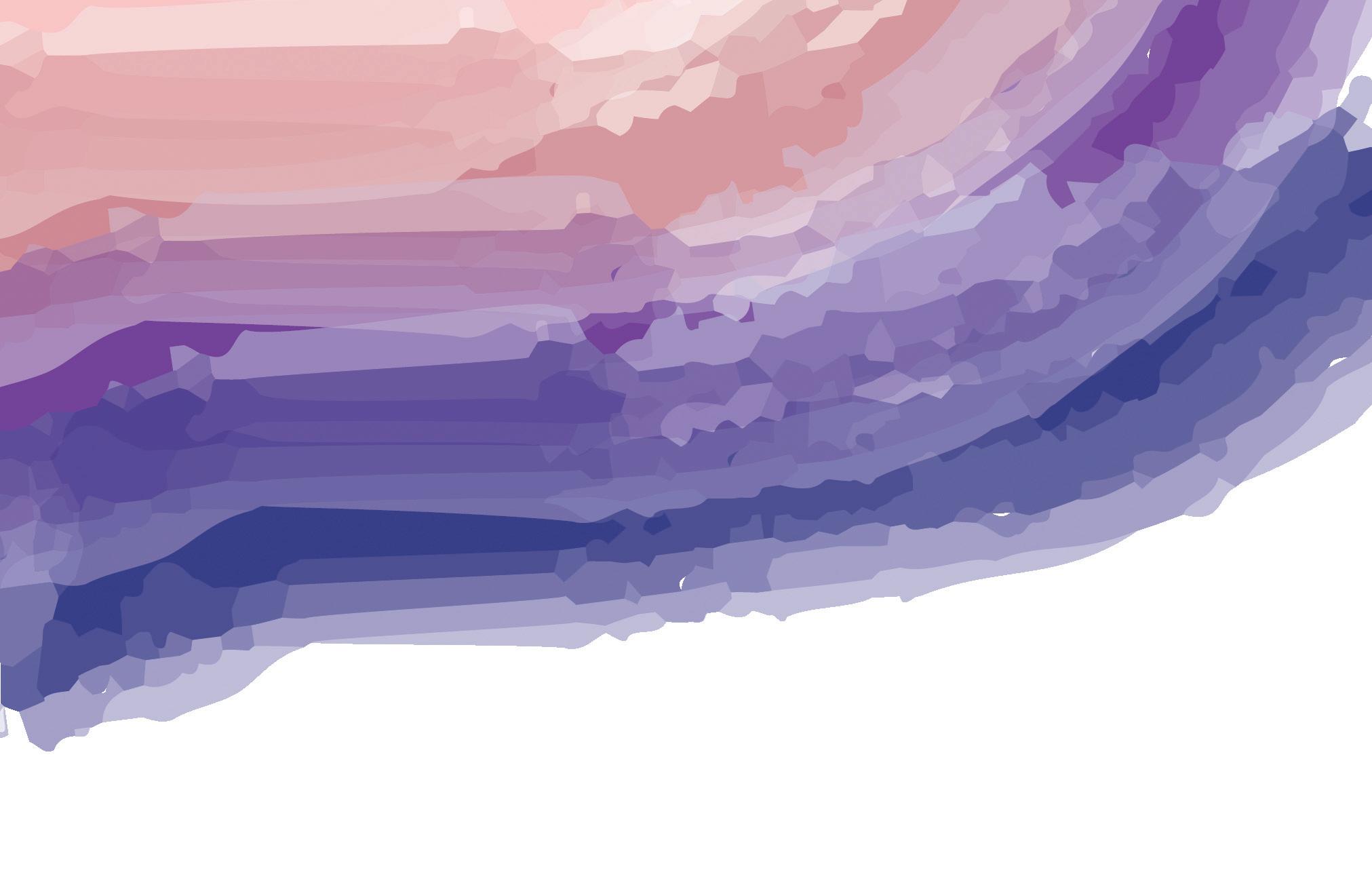
GET INVOLVED
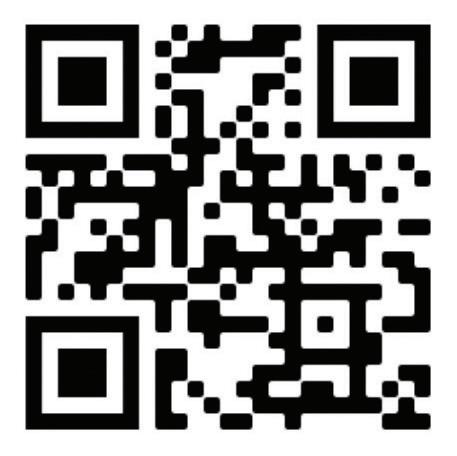
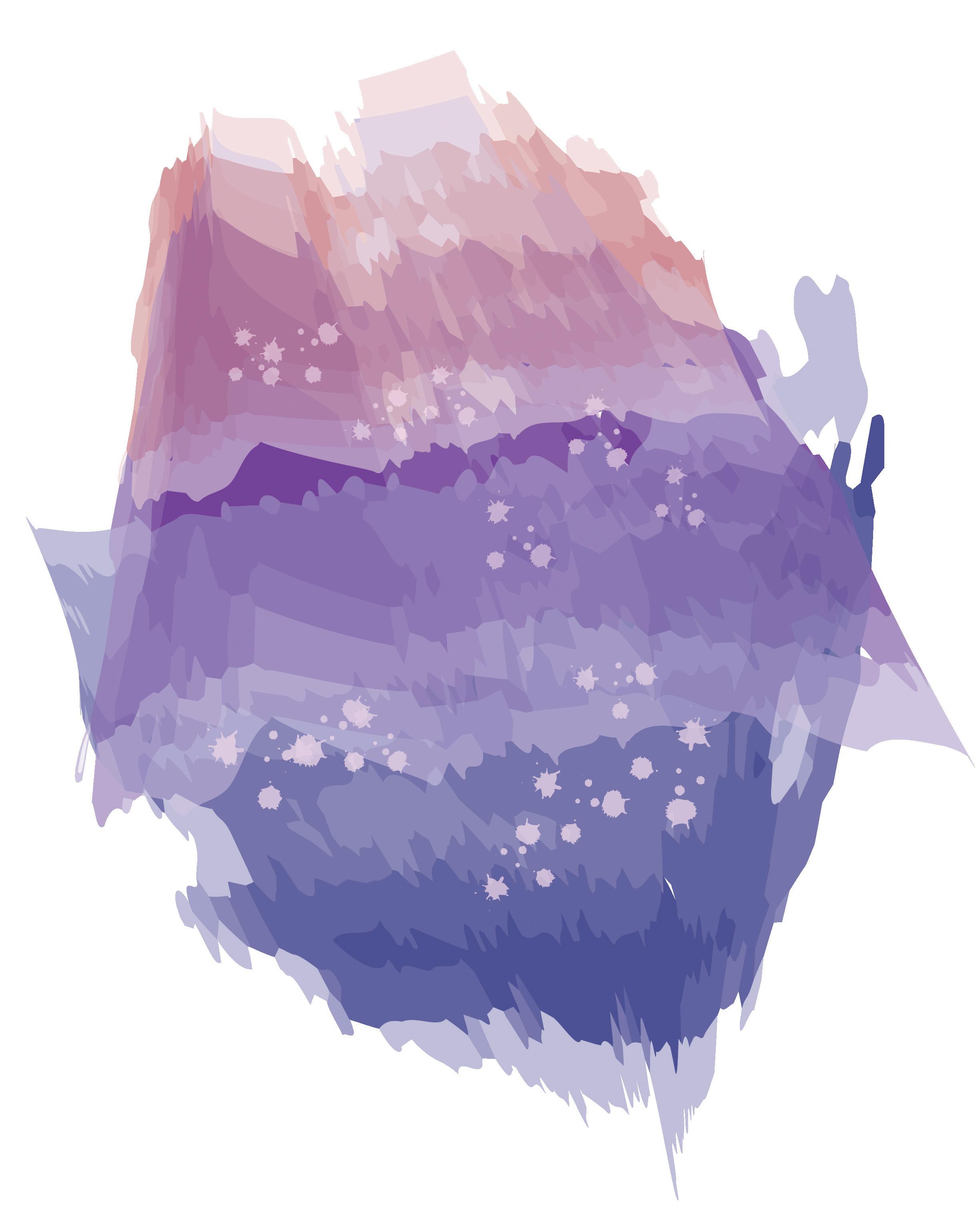
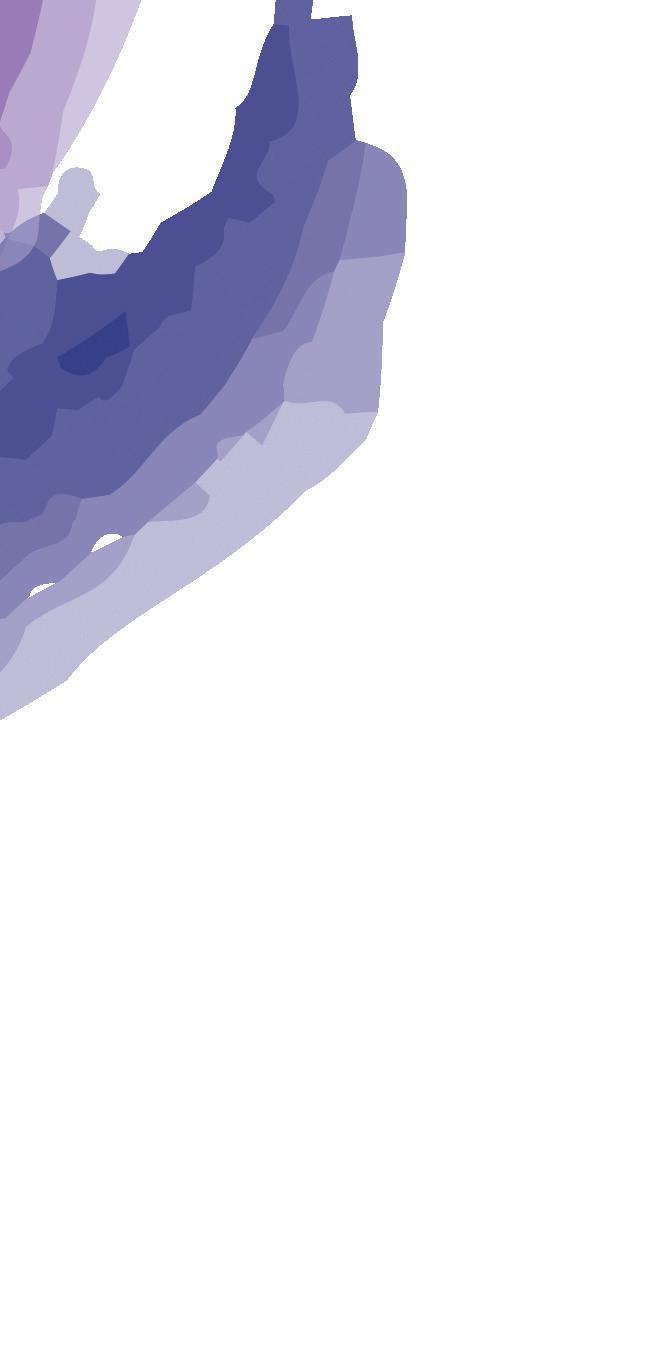
vul ner abi lity
Vul ner abi lity



